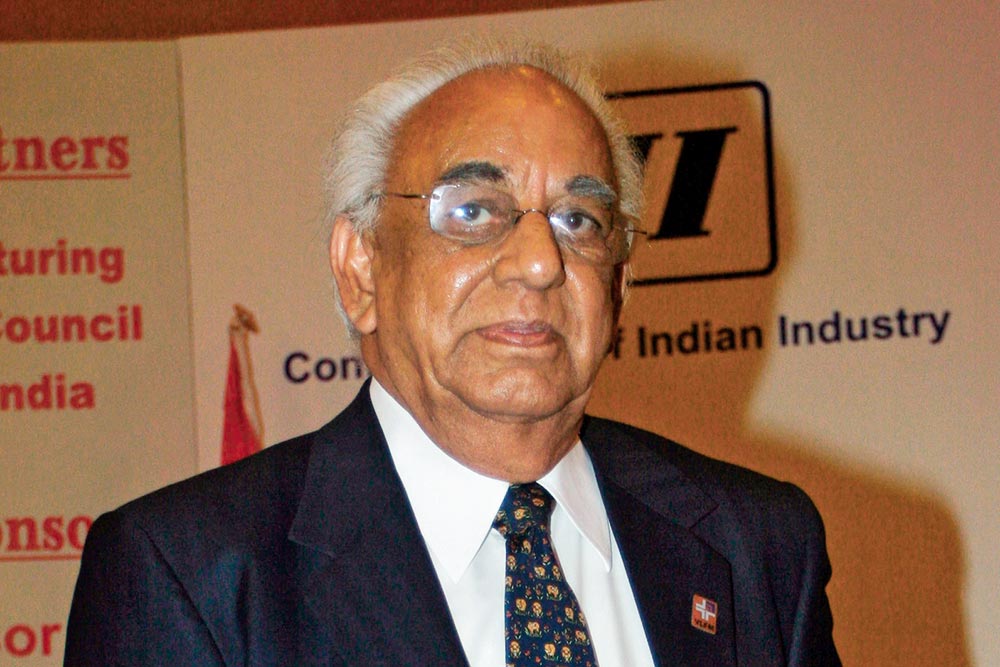New Delhi, June 26
Leading technocrat V Krishnamurthy who headed three major companies — BHEL, Maruti Udyog and SAIL — during the 1970s and the 1980s and was credited for their turnaround, is no more. He was 97.
Krishnamurthy passed away on Sunday at his Chennai home. The last rites will be performed on Monday starting 3pm, the family sources said.
Condoling Krishnamurthy’s demise, Congress general secretary and former minister Jairam Ramesh said, “A true legend among public sector managers, a man who built BHEL, turned around SAIL, and launched Maruti, is no more. V Krishnamurthy had a glorious innings but missed his century by just three years. He will remain an important part of India’s economic history.”
Krishnamurthy served in the Union Planning Commission twice — in the 1950s and then again in the early 1990s.
He was head of the National Manufacturing Competitive Council between 2004 and 2014 during the Congress led UPA regime, and held the rank of a Cabinet Minister in the Government of India.
Among the various positions held held were — Chairman & CEO, Bharat Heavy Electricals Limited (BHEL) (1972-1977), one of the largest technology oriented company manufacturing heavy equipment for the power sector in India; union industries secretary; chairman and CEO, Maruti Udyog Limited (1981-1990), the largest manufacturer of passenger cars in India which triggered the modernization of the Indian automobile industry; chairman and CEO, Steel Authority of India Limited (SAIL) (1985-1990), the largest producer of Steel in India and Member, Planning Commission and Member, National Advisory Council (2004-2008) which Sonia Gandhi headed.
In his book “At the Helm”, Krishnamurthy, had dwelt in detail on the nuances of the now-disbanded Planning Commission and said that the panel was indeed an intellectually vibrant place in the 1950s.
He mentioned how members of the Planning Commission in the 1950s were least concerned about the political correctness of their decisions when reviewing a project.
Discussions
Discussions
